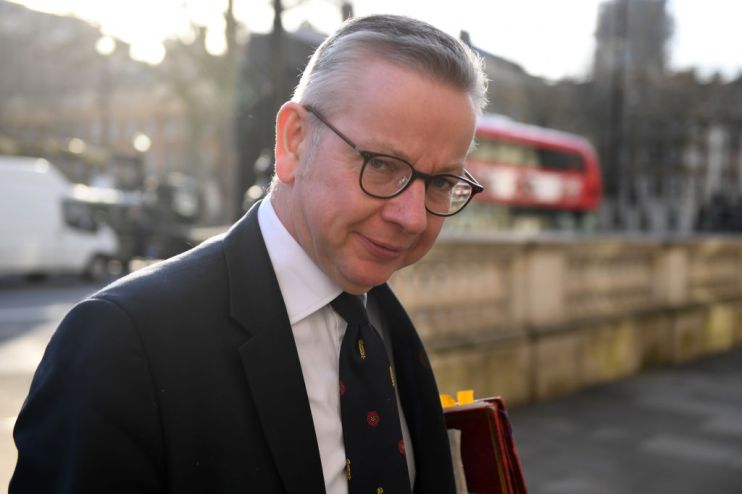Downing Street to publish draft FTA before second round of trade talks

Downing Street is planning to publish draft legal texts including a free trade agreement ahead of the second round of trade talks with the EU, government revealed today.
Boris Johnson’s sherpa David Frost met with his counterpart Michel Barnier last week for the first round of talks, with both sides agreeing there were significant differences, although said they were confident a deal could be struck in the available time.
According to a written ministerial statement published by Cabinet Office minister Michael Gove, the “substantive discussions” during the Brussels round of talks took place “within 11 separate negotiating groups”.
Frost’s team emphasised that regardless of the outcome of the trade talks, “on 1 January 2021 the UK would regain its economic and political independence in full, and that the future relationship would need to reflect that reality”, Gove’s statement said.
The minister, who also holds the title chancellor of the Duchy of Lancaster, said while there were “significant differences” on areas including fisheries and the so-called level-playing field there were “some areas” with “a degree of common understanding”.
The next negotiating round will take place from 18-20 March in London, the first time any official Brexit talks have taken place in the UK’s capital, a move which the government considers an important symbolic step.
A number of legal texts, including a draft FTA, will be tabled beforehand.
His written statement follows a speech given by European Commission boss Ursula von der Leyen this morning, who called on the UK government to “make up its mind” on what it wanted in the trade talks.
This afternoon, the Prime Minister’s spokesman said in response: “We have been very clear that we want a standard Canada-style FTA, supplemented by other international agreements, with government arrangements appropriate to each.
“The UK will leave the EU’s customs area and the EU’s Single Market. We will not seek alignment with the EU in any way. This means that there will be new processes that exporters and importers will have to comply with, whether we reach an agreement or not.”